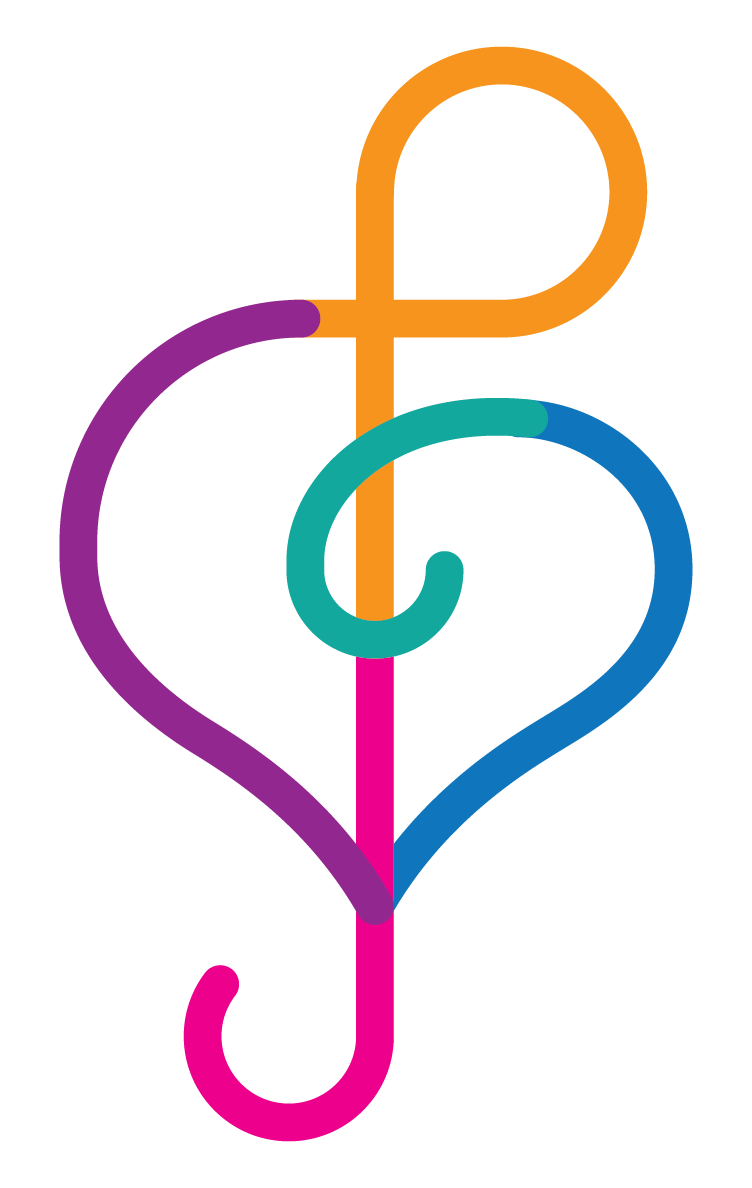No gigs. No income. Shuttered concert halls leave Boston’s classical music community reeling
This article from the Boston Globe remains just as relevant today as it was in March, only now the lost income numbers are much higher for all the musicians in New England.
No gigs. No income. Shuttered concert halls leave Boston’s classical music community reeling
ARTS ON THE EDGE
By Jeremy Eichler Globe Staff,Updated March 26, 2020, 1:38 p.m.
This story is part of a series of Globe reports on the impact of coronavirus on Boston’s arts community. Find more Arts on the Edge reports at www.globe.com/arts.
The COVID-19 closures have wreaked havoc across all of the arts, but those involved with presenting and performing live classical music — an art form that depends on precisely the kind of gathering now forbidden — have been hit particularly hard. Freelancers are reeling, big and small organizations are staring into uncertain times, and arts administrators have been left grasping for words to describe the impact of a situation that has no precedent in modern times.
“We’ve gotten through a couple World Wars and a Depression in the history of this orchestra,” Mark Volpe, president of the Boston Symphony Orchestra, recently told BSO musicians in a video address. “But this is uncharted territory.”
Two months ago, the BSO lost its east Asia tour because of virus concerns, and more recently, it canceled the remainder of its local season. Tanglewood remains an open question. According to Volpe, the orchestra currently stands to lose $2 million to $3 million per month of closure, a number that reflects lost ticket revenue offset by cuts in expenses. The orchestra’s endowment has also taken a major hit as the stock market plummets (earlier this year, the endowment was valued at $456 million, according to a BSO statement in January). The BSO would not comment on whether it plans to reduce its musicians’ pay, as the New York Philharmonic will be doing.
For its part, Boston Lyric Opera was forced to cancel two of its four operas for the current season: a $1.5 million production of Bellini’s “Norma” and a $1 million production of Handel’s “Giulio Cesare.” (The final dress rehearsal of “Norma” was recorded, and starting on March 29 at 3 p.m., it will be streamed on BLO.org and ClassicalWCRB.org.)
“This is a massive new development that none of us have ever experienced,” said Esther Nelson, BLO’s general and artistic director. “There is no instruction manual.”
Nelson emphasized that the closures impact not just BLO as an organization, but the entire ecosystem of arts professionals required to create a new production, from musicians to production staff to costume-makers to stage electricians and carpenters. “Norma” alone had employed a force of some 200 people.
And the classical community’s losses are of course just one part of a bigger picture. On Tuesday, Mass Cultural Council released the results of a survey of 566 nonprofit cultural organizations and 595 individual artists. Between March 16 and March 22, no fewer than 14,978 programs and events were canceled, resulting in nearly $56 million in lost revenue for organizations, and some $2.89 million for individual artists. These are not anticipated future losses — but losses sustained over a single week.
“The data was pretty shocking, even for us,” said Anita Walker, the Council’s executive director. “We’ve been through multiple recessions over the last couple of decades, and I’ve never seen such a devastating impact. There is just absolutely no revenue stream available to our organizations.”
Among the region’s arts professionals, one of the hardest hit have been freelance musicians. While some teaching opportunities can migrate online, those who make their living as full-time performers face a stark new reality. Jesse Irons, a violinist who plays with A Far Cry, Boston Baroque, the Handel and Haydn Society, and other groups, put it simply: “At this point, all the cancellations have pretty much brought our [family] income down to zero.”
His situation was not unique. “I am a concert artist 100 percent, and every single one of my gigs has been canceled all the way through May 1,” said Sarah Moyer, a Boston-area soprano. “It’s not like the Northeast had a hurricane, but you can now go to Minnesota and take a gig. It’s the entire country, the entire world. We can’t make music at all. There’s no room for people to breathe, no way to relax monetarily. Everyone is kind of going crazy. And who knows how long we can do this without creating some kind of a product for audiences to come and be a part of?”
In response to the quickly moving crisis, some organizations have found ways to compensate musicians for canceled performances; others, including BLO, have said they intend to do so. When asked about the matter, BLO’s Nelson told the Globe: “We will be among those companies that will announce we have gone over and above what we were obligated to do. We should be protecting those who make our art.”
Elena Stikhina (left) with Sandra Piques Eddy and Jonathan Burton in a dress rehearsal for Boston Lyric Opera's "Norma." The production was canceled at the last minute, just before opening night.MATTHEW J. LEE
Additionally, a number of funds offering musicians some modest financial relief have sprung up virtually overnight. As of this writing, the website icareifyoulisten.com is listing no fewer than 25 different initiatives across the country, many of which are accepting donations from the public.
Relief packages are also working their way through state and federal government, including a $2 trillion relief bill that would be the largest in the country’s history. Heather Noonan, vice president for advocacy at the League of American Orchestras, said on Tuesday she was optimistic that workers in the arts sector would be included when the bill was signed into law.
In a way, Noonan explained, the broader rise of the gig economy across the nation has made the independent contractor status of freelance musicians far more common than it once was. “I think policy leaders understand better now than they ever have before how much of the workforce is in the gig economy, and how important it is to consider self-employed workers,” she said.
Even so, if or when federal relief arrives, it will hardly erase the losses or address the extent of the financial damage. And so the larger existential questions remain. When social distancing measures are finally relaxed and audiences are permitted to gather once more, what will the region’s arts landscape look like? How many organizations will have weathered the storm?
“Ultimately,” said Walker, “these organizations belong to the public. They provide value. The public cares about them. So at this time, it’s really the public that is going to have to ensure they survive — through the investment of federal, state, and local government funding, but also by individuals and communities supporting these organizations through these difficult times.”
In other words: these are not questions toward which we should take a wait-and-see approach. Audience members with the means to do so must donate now. In a starkly straightforward sense, the city’s listeners now hold the future vibrancy and diversity of its classical community in their own hands.
What’s more, in addition to the economic concerns that remain front and center, arts leaders also quietly worry about the deeper social and cultural impacts of the pandemic. In the most hopeful scenario, public concert life, when it finally returns, takes on a radically expanded sense of meaning and relevance, fueled by a long-suppressed hunger for community. But that is not the only possible scenario. Some have predicted that fears of social gathering will not simply disappear overnight. Previous patterns of concert life may take time before they are restored, or perhaps, like so many other aspects of culture, they could be transformed altogether.
In the face of so many profound uncertainties, what are musical organizations and individual musicians supposed to be doing? A few have jumped directly into the fray; the Atlanta Opera, for instance, is now using its costume shop to produce desperately needed medical masks for health workers. Many more musicians at all levels of renown, from local freelancers to Yo-Yo Ma, have been recording performances from their living rooms. Others are calling for a creative response to the crisis that takes a more granular approach.
“It’s important to realize that our core classical music audience — the people we ask to care about us as artists — many of them are over 50, or over 65, and they are feeling particularly vulnerable right now,” said Heath Marlow, director of development at Emmanuel Music. To address this communal need, Marlow has been encouraging local musicians to consider curating one-to-one virtual interactions with those experiencing the worst effects of social isolation.
“This is an incredible moment in which the desire to be meaningful and relevant as musicians is strong, and the need for us is strong,” he said. “For anyone who would like to feel valuable as an artist, here’s your opportunity.”
For her part, Sarah Darling, a freelance violist who anticipates losing at least $10,000 during the current closures, quickly concedes that the larger questions will for now remain unanswerable. The challenge, she said, then becomes finding ways to nonetheless approach the situation with grace and a generous state of mind. And while that may seem like an impossible task, Darling believes it shouldn’t be.
“At the end of the day, as musicians, we have the ability to walk into a room and spin something out of our instruments that has immense value,” she said. “You can play a Bach suite and change someone’s reality in that moment, change how people are acting and reacting. That kind of richness doesn’t go away in this tight spot. In fact, our art has the potential to reach much further than it might in another situation.
“I’m an eternal optimist,” she added. “I really do hope we’re going to come out of this with some kind of refreshed sense of what it means to be connected to each other.”
Jeremy Eichler can be reached at jeremy.eichler@globe.com, or follow him on Twitter @Jeremy_Eichler.


